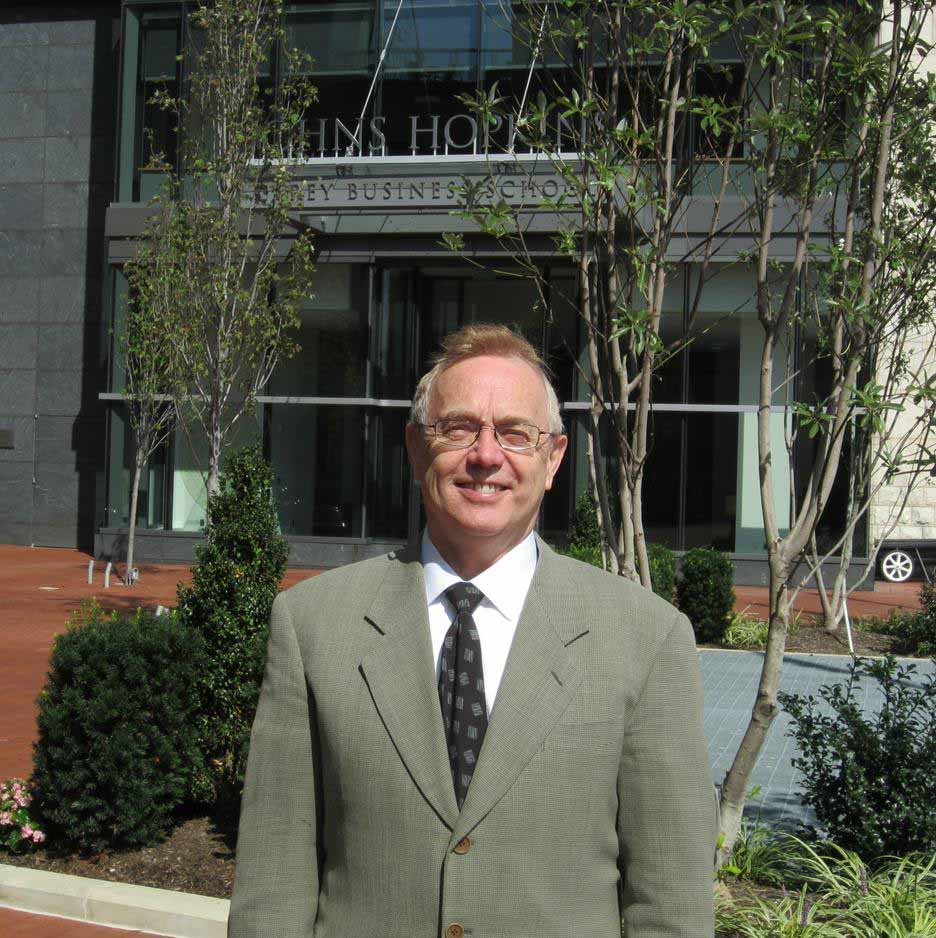In his recent book, the former U.S. Treasury Secretary makes a case for dramatic government intervention during the financial crisis.
Institutional Investor
July/August 2014
By Robert Stowe England
The financial crisis continues to live on for Timothy Geithner. As president of the Federal Reserve Bank of New York, he played a key role in helping avert a collapse of the financial system following the calamities at Lehman Brothers, AIG and Washington Mutual in September 2008; then, as President Barack Obama’s first Treasury secretary, he crafted policies designed to return the banking system to health. On his proposal, the Federal Reserve held stress tests of the 19 largest U.S. banks, directing them to raise enough capital to survive another severe downturn or receive injections from the Troubled Asset Relief Program. The exercise reassured markets, and the private sector provided the banks with $176 billion of the $185 billion that the Fed said was needed. Critics have questioned Geithner’s bailout choices. In their new book, House of Debt, economist Atif Mian and finance professor Amir Sufi argue that the recovery would have been stronger if Washington had done more to rescue homeowners with underwater mortgages. Geithner, 52, who resigned last year and joined New York–based private equity firm Warburg Pincus as president this March, spoke with Contributing Writer Robert Stowe England about his own recent book, Stress Test: Reflections on Financial Crises.
In the book you describe the central paradox of the crisis this way: “What feels just and fair is often the opposite of what’s required for a just and fair outcome.” Can you explain?
Financial panics are different from other financial shocks. What you have to do to break the panic and protect people from mass unemployment like we saw in the Great Depression is deeply counterintuitive. It requires doing whatever it takes to prevent the collapse of the financial system. So the intuitive response in a panic is the opposite of what is effective and fair in terms of preventing the most damage to the greatest number of people. That’s because financial systems are like the power grid. If you let the lights go out, nothing works.
Read more here.
